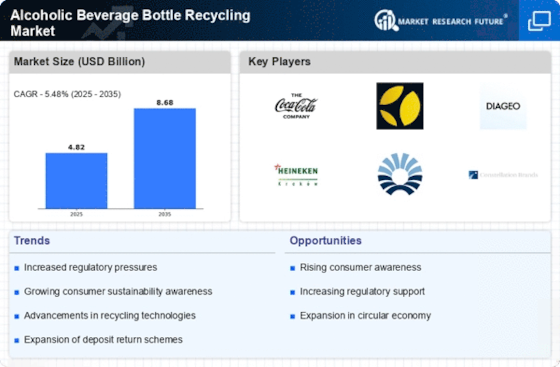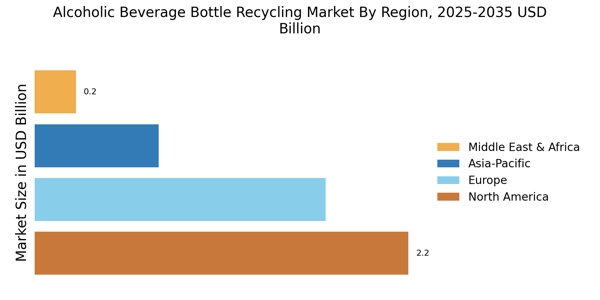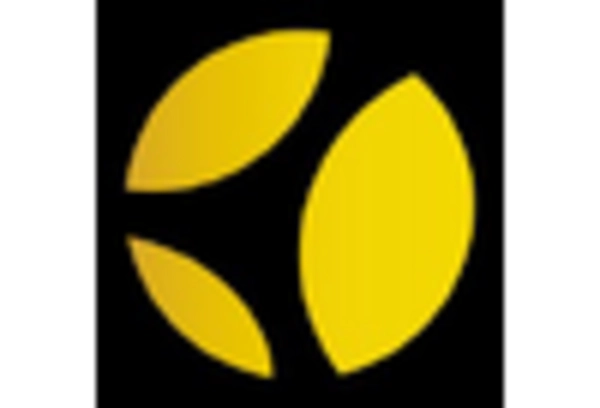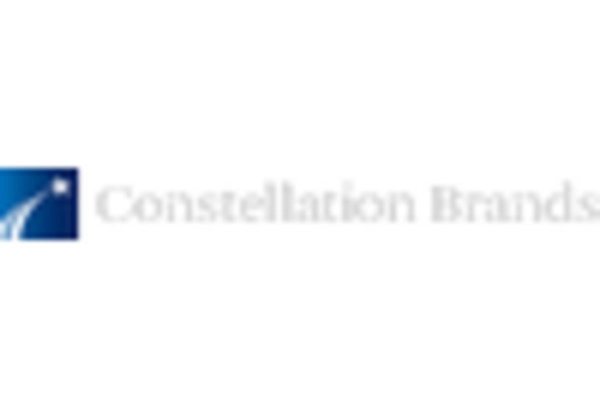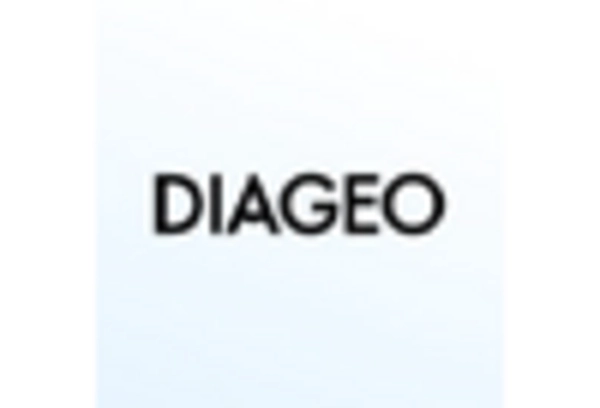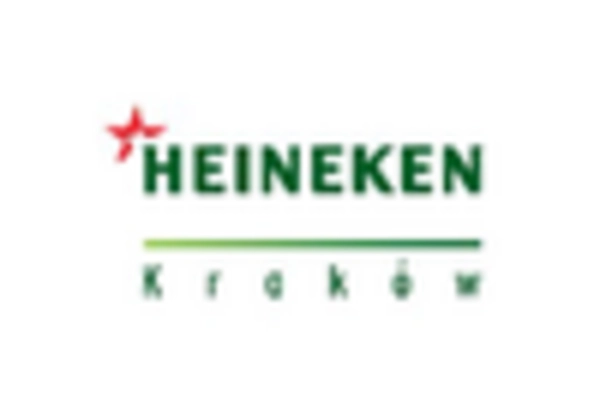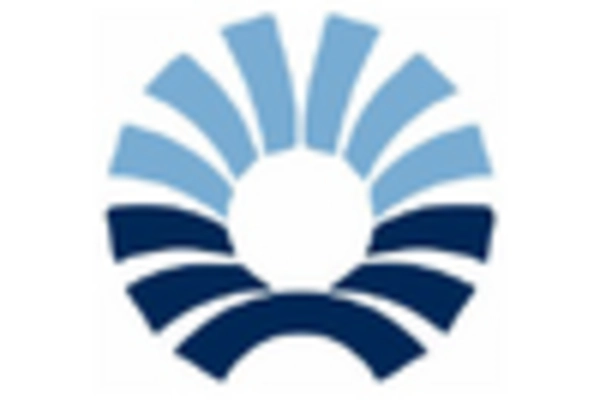Sustainability Initiatives
The alcoholic beverage bottle recycling Market is increasingly influenced by sustainability initiatives. As consumers become more environmentally conscious, brands are compelled to adopt sustainable practices. This shift is evident in the rising demand for recycled materials, which has been reported to increase by approximately 20% in recent years. Companies are now focusing on reducing their carbon footprints and enhancing their recycling efforts. This trend not only aligns with consumer preferences but also helps in meeting regulatory requirements. The emphasis on sustainability is likely to drive innovation in recycling technologies, thereby enhancing the efficiency of the Alcoholic Beverage Bottle Recycling Market.
Economic Benefits of Recycling
The economic advantages associated with recycling are becoming more apparent within the Alcoholic Beverage Bottle Recycling Market. Recycling glass bottles can save significant energy, with estimates suggesting that recycling one ton of glass can save up to 1,000 kilowatt-hours of electricity. This translates into lower production costs for manufacturers, which can be a compelling incentive for businesses to invest in recycling programs. Furthermore, the creation of jobs in the recycling sector contributes to local economies, fostering community support for recycling initiatives. As economic benefits become more widely recognized, the Alcoholic Beverage Bottle Recycling Market is likely to experience growth.
Government Regulations and Policies
Government regulations and policies play a crucial role in shaping the Alcoholic Beverage Bottle Recycling Market. Many countries have implemented stringent recycling mandates and incentives to encourage responsible waste management. For instance, deposit return schemes have been introduced in various regions, incentivizing consumers to return their bottles for recycling. These policies not only enhance recycling rates but also promote a circular economy. As governments continue to prioritize environmental sustainability, the Alcoholic Beverage Bottle Recycling Market is likely to benefit from increased support and funding for recycling initiatives, fostering growth and innovation.
Consumer Demand for Eco-Friendly Products
There is a notable increase in consumer demand for eco-friendly products, which is significantly impacting the Alcoholic Beverage Bottle Recycling Market. Research indicates that approximately 70% of consumers prefer brands that demonstrate a commitment to sustainability. This preference is driving beverage companies to enhance their recycling efforts and utilize recycled materials in their packaging. As a result, the Alcoholic Beverage Bottle Recycling Market is witnessing a shift towards more sustainable practices, with brands actively promoting their recycling initiatives to attract environmentally conscious consumers. This trend is expected to continue, further solidifying the importance of recycling in the beverage sector.
Technological Innovations in Recycling Processes
Technological advancements are revolutionizing the Alcoholic Beverage Bottle Recycling Market. Innovations in recycling processes, such as automated sorting and advanced glass processing techniques, are enhancing the efficiency and effectiveness of recycling operations. These technologies can significantly reduce contamination rates and improve the quality of recycled materials. As a result, beverage manufacturers are increasingly adopting these technologies to meet consumer demand for high-quality recycled products. The integration of technology in recycling is expected to drive growth in the Alcoholic Beverage Bottle Recycling Market, as companies seek to optimize their operations and reduce waste.


